Disclosure: This article may contain affiliate links. If you decide to make a purchase, I may make a small commission at no extra cost to you.
If you’re a vegan and on a raw food diet, you’re most likely quite lean. You’ll also be protected against the development of diabetes and heart disease. The downside is that you might be at a greater risk of osteoporosis, especially if you’re a woman. So getting enough calcium and vitamin D is super important to maintain strong bones!
As you get older, your risk of falling increases, and not having strong bones could put you at risk of serious injuries like a hip fracture. The recovery times are long and sometimes you need surgery, which is a big deal. If you can, it’s best to avoid broken bones and fractures.
One study published in 2010 showed that children and adults who were on a vegan diet have lower bone density scores and low levels of vitamin D. They suggested that this was due to the lower level of calcium and vitamin D in their diet. [1].
There are many ways you can go about improving bone quality and bone strength while on a vegan diet. But before all that, you need to make sure that you’re getting enough calcium and vitamin D. For most people, getting calcium is pretty easy because they drink a lot of milk, but vegans can sometimes skip foods which provide bioavailable calcium.
I’ve already talked about milk substitutes for vegans before, but there are plenty of calcium sources on a vegan diet, you just need to pick the best ones which are most bioavailable. Many plant foods contain a lot of phytates and other ‘antinutrients’ which significantly hampers the absorption of nutrients.
Another factor to consider is that if you’re eating a lot of protein on a vegan diet for weight training, you’re going to need to boost up the amount of calcium you need as well. There are fortunately some protein supplements which also add quite a bit extra calcium.
Vitamin D is a bit tricky depending on where you live and how much sun you get. It’s not always possible to consume enough from diet alone, so supplementing vitamin D3 might be a good idea.
So first let’s look at the best sources of calcium and vitamin D on a vegan diet and then I’ll discuss the benefits of both.
Vegan foods rich in calcium
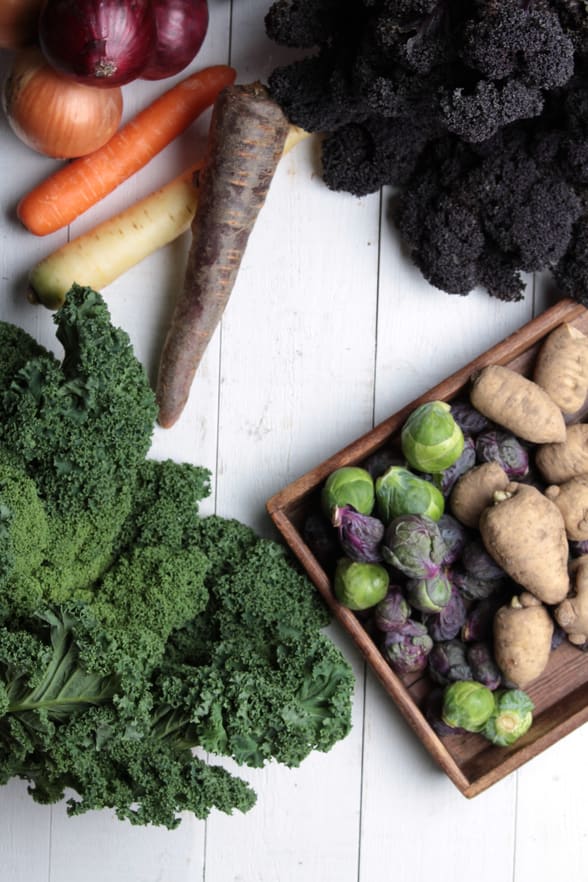
There are many foods on a vegan diet which provide calcium, but some are more bioavailable than others. Just picking the highest calcium foods is not always the best option.
What you need to look at is how much absorbable calcium there is and how many servings you would need to eat to be comparable to the amount you would get from milk. Milk can be used as a reference 1.0 [2]
#1. Chinese cabbage flower leaves: 239 mg per serving (85 g) – 1.0 servings
#2. Chinese mustard greens: 212 mg per serving (85 g) – 1.1 servings
#3. Tofu with calcium: 258 mg per serving (126 g) – 1.2 servings
#4. Bok Choy: 79 mg per serving (85 g) – 2.3 servings
#5. Kale: 61 mg per serving (85g) – 3.2 servings
#6. Chinese spinach: 347 mg per serving (85 g) – 3.3 servings
#7. White beans: 113 mg per serving (110 g) – 3.9 servings
#8. Broccoli: 35 mg per serving (71 g) – 4.5 servings
#9. Pinto beans: 44.7 mg per serving (86 g) – 8.1 servings
#10. Rhubarb: 174 mg per serving (120 g) – 9.5 servings
#11. Red beans: 40.5 mg per serving (172 g) – 9.7 servings
#12. Sweet potatoes: 44 mg per serving (165 g) – 9.8 servings
#13 Spinach: 115 mg per serving (85 g) – 16.3 servings
Tips: If you reduce salt intake in your diet, your body can absorb and hold onto more calcium that you eat. High sodium diets inhibit calcium absorption.
Milk substitutes often have been fortified with calcium and vitamin D, so it’s worth checking the labels.
Vegan foods rich in Vitamin D
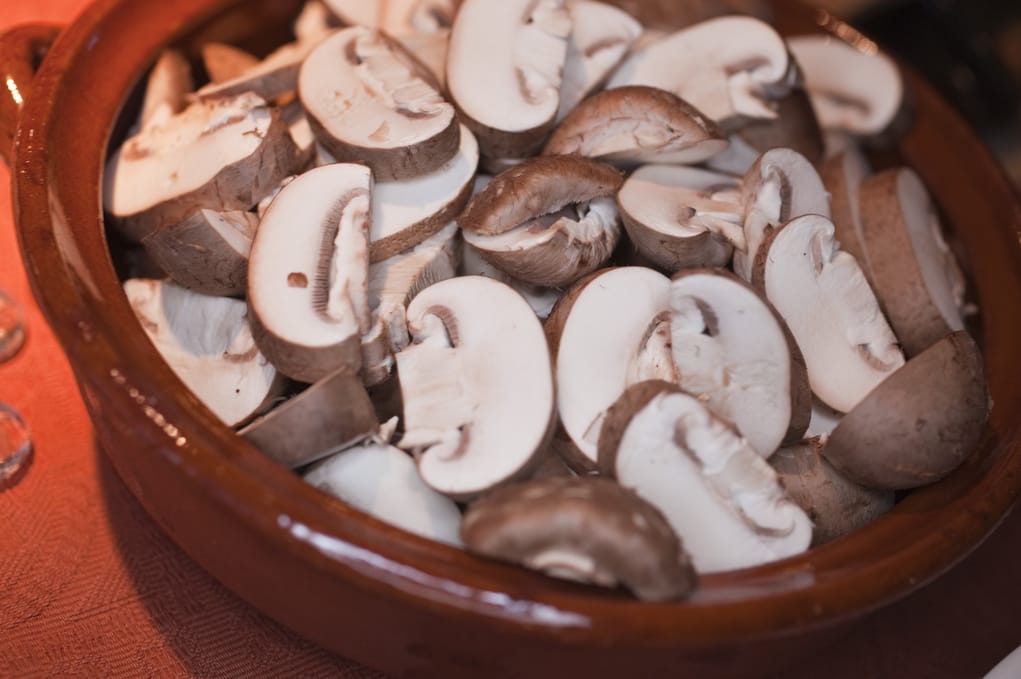
Getting vitamin D on a vegan diet is harder. Ideally, you want to get it from either the sun or by supplementing it using a vegan source such as lichens. The only way to get small amounts of vitamin D is through consuming foods which have been fortified or eating mushrooms which contain vitamin D2.
When mushrooms are exposed to UV light, they produce more vitamin D. For example, portabella mushrooms which have been treated with UV light have around 446 IU of vitamin D2 compared to just 11 IU for the untreated mushrooms.
Unfortunately, the most common types of mushrooms you’ll find at the store or ones that you’ve likely tried have very little vitamin D2. But every little adds up, so it’ still worth including them in your diet because they are also healthy in many other ways!
Knowing the exact amount of D2 in the mushrooms can also be difficult because it depends on how long they were treated for.
Below are a few ranges which have been observed from testing of different sources per 100 g of mushrooms. (source). Perhaps it’s not very useful because the amount of D2 can vary so wildly, but you can still choose the mushrooms which are most likely to have more D2.
#1. Chanterelle, raw: 87 – 336 IU
#2. Cremini, raw: 1-3 IU
#3. Enoki, raw: 2 – 16 IU
#4. Maitake, raw: 3 – 2529 IU
#5. Morel, raw: 176 – 250 IU
#6. Oyster, raw: 3 – 103 IU
#7. Portabella, raw: 2 – 31 IU
#8. Shiitake, raw: 1 – 46 IU
#9. White button, raw: 2 – 9 IU
#10 Orange juice (fortified): 137 IU per cup
#11 Fortified milk-alternatives: depends on the brand (check labels)
Supplementing vitamin D
Given the fact that most people are deficient in vitamin D, not just vegans, it would be wise to supplement it when necessary. of course, if you’re already getting plenty of the sun you should get tested to see where your vitamin D level is, but in the winter it’s very difficult to get it from a vegan diet.
Also, check for labels on fortified milk to see if they have any vitamin D added. It’s not uncommon for almond milk, coconut milk, soy milk, and other types to have vitamin D added, as well as calcium.
Cereals will also have vitamins and minerals added, so you should check them if you consume them on a regular basis.
Recommended daily allowance of Calcium by age
0-6 months – 210 mg/d
6-12 months – 270 mg/d
1-3 years – 500 mg/d
4-8 years – 800 mg/d
9-13 years 1300 mg/d
14-18 years – 1300 mg d
19-50 years 1000 mg/d
51 + years 1200 mg/d
Recommended daily allowance of Vitamin D by age
0-12 months – 400 IU
1-13 years – 600 IU
19-50 years – 600 IU
51-70 years – 600 IU
70 years+ – 800 IU
Are vegans deficient in calcium and vitamin D?
If you’re eating a plant-based, highly nutritious diet, you are going to be in great shape and be the best you can be. Undermining that by not paying attention to calcium and vitamin D would be a mistake.
It’s possible that given the body weight of vegans, bone density could be a little lower, but perhaps bone quality is better due to less inflammation. However, research suggests that vegans should pay more attention to these two because they are often lacking in vegan diets.
In a paper reviewing the health effects of a vegan diet, they looked at bone health in vegans. It was found that Asian women who were vegan had low spine and hip bone mass density.
They showed that the higher rates of bone fracture in vegans seem to be a consequence of them not getting enough calcium in their diet. But when vegans did get enough calcium in their diet (over 525 mg per day) they had no difference in fracture rate compared to omnivores[3].
Furthermore, EPIC-Oxford study shown that vegans had the lowest intake of vitamin D. Getting just one-fourth the amount of vitamin D that omnivores were getting through their diet.
The consequence of inadequate levels of vitamin D in vegans was shown in a study performed in Finland. Vegans having significantly lower BMD in the lumbar region of the spine, and lower BMD in the neck and femur
Given this evidence, vegans should pay more attention to these two important nutrients in the diet.
How else can you improve bone health?
Aside from diet, there are other things you can do to maintain bone health while on a vegan diet.
- Make sure that you get enough vitamin K in your diet
- Use weights vests every now and then while doing everyday activities (not convenient but apparently, it can help).
- Think about supplementing strontium
- Lower sodium intake
- If your protein is high, make sure you are increasing calcium intake
- Perform regular resistance training and weight-bearing exercises to help maintain bone mass
- Get adequate amounts of Magnesium and Zinc in your diet or by supplementing
Conclusion
A vegan diet can dramatically improve all aspects of health, but there are real issues in obtaining adequate amounts of certain nutrients.
We should always strive to obtain all our vitamins and minerals from our diet first and foremost, but there are always vitamin D and vegan calcium supplements that you can take if you find it too difficult to get enough from your diet.
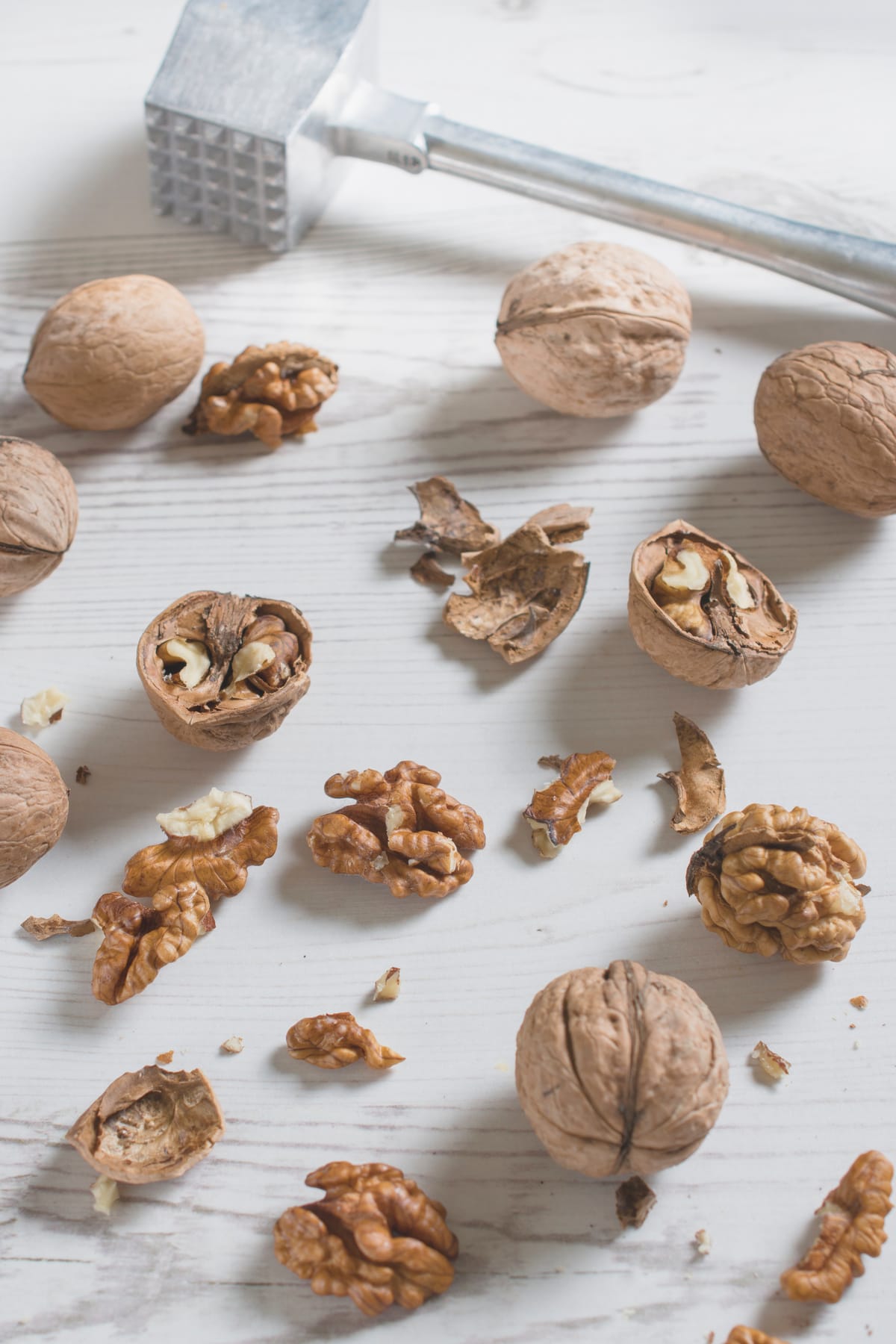
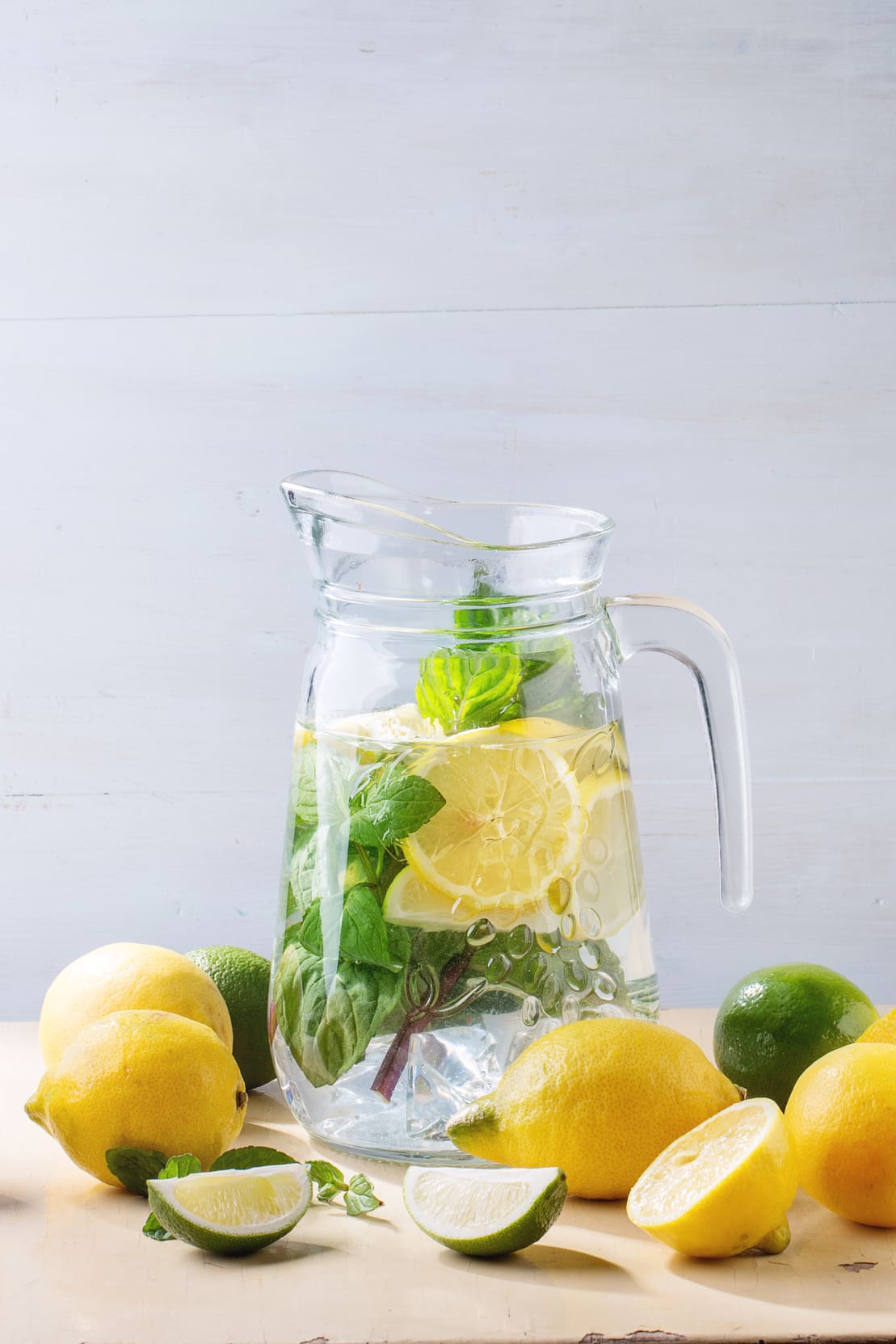
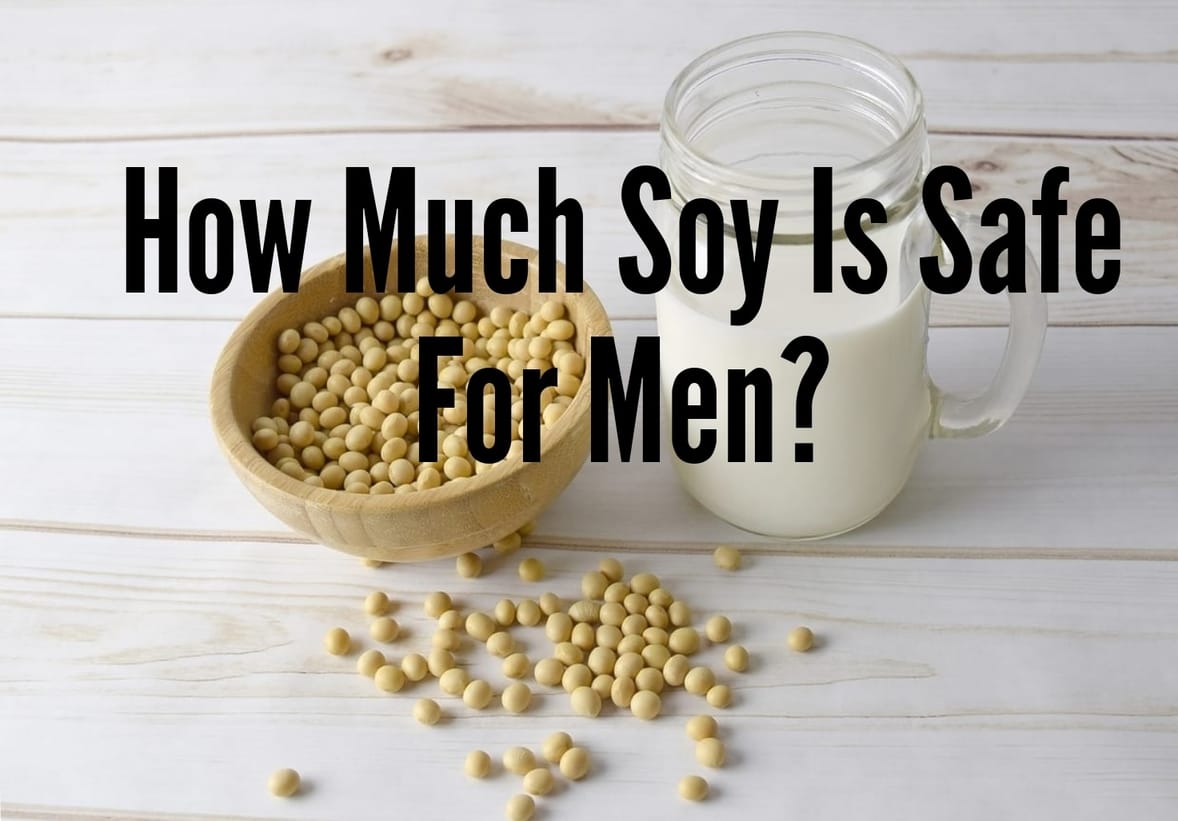
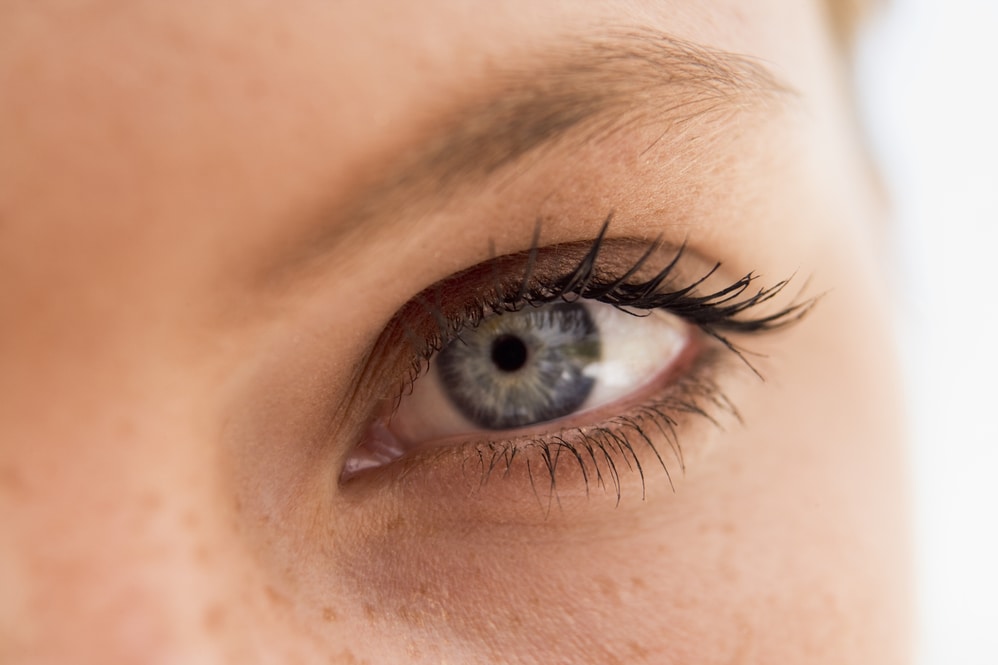
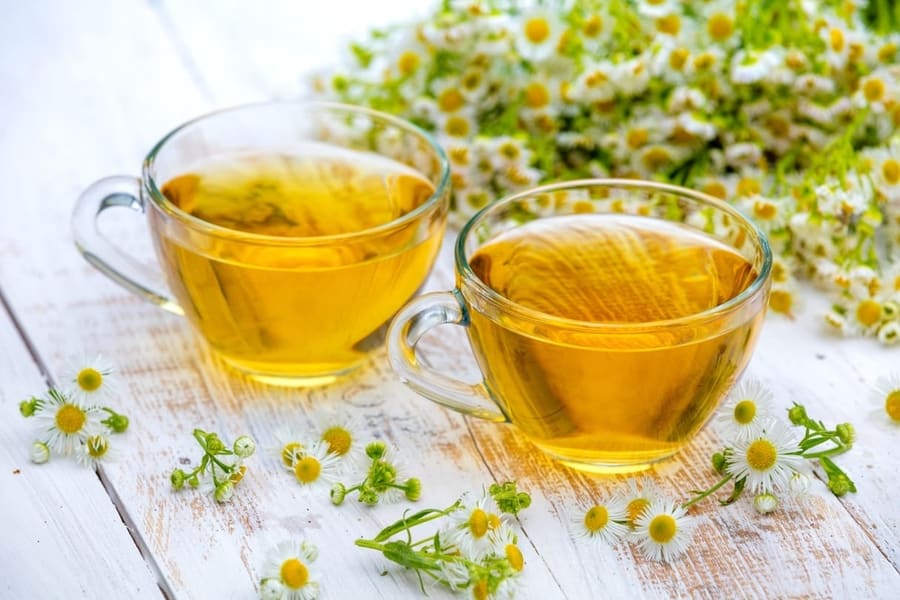
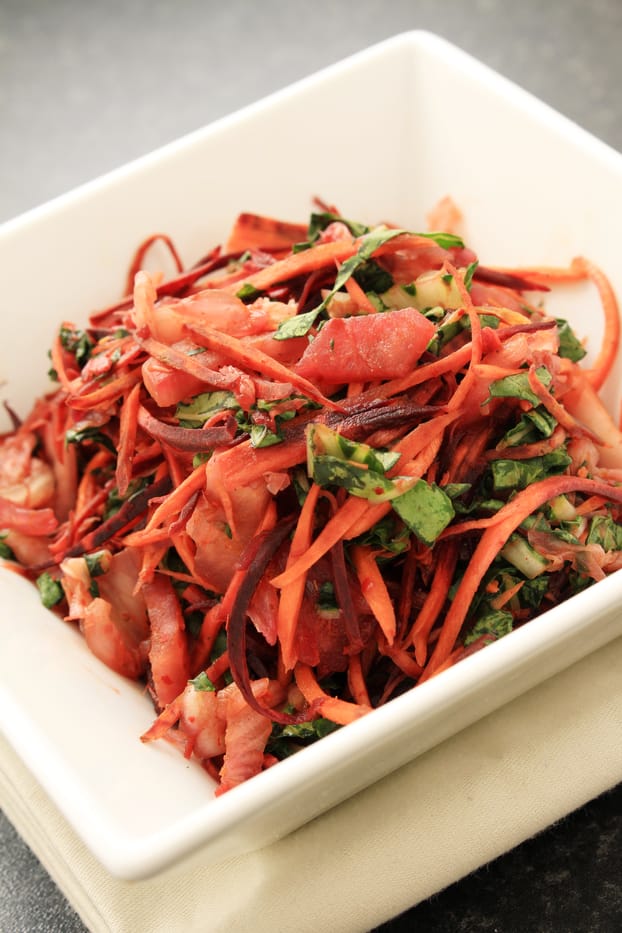
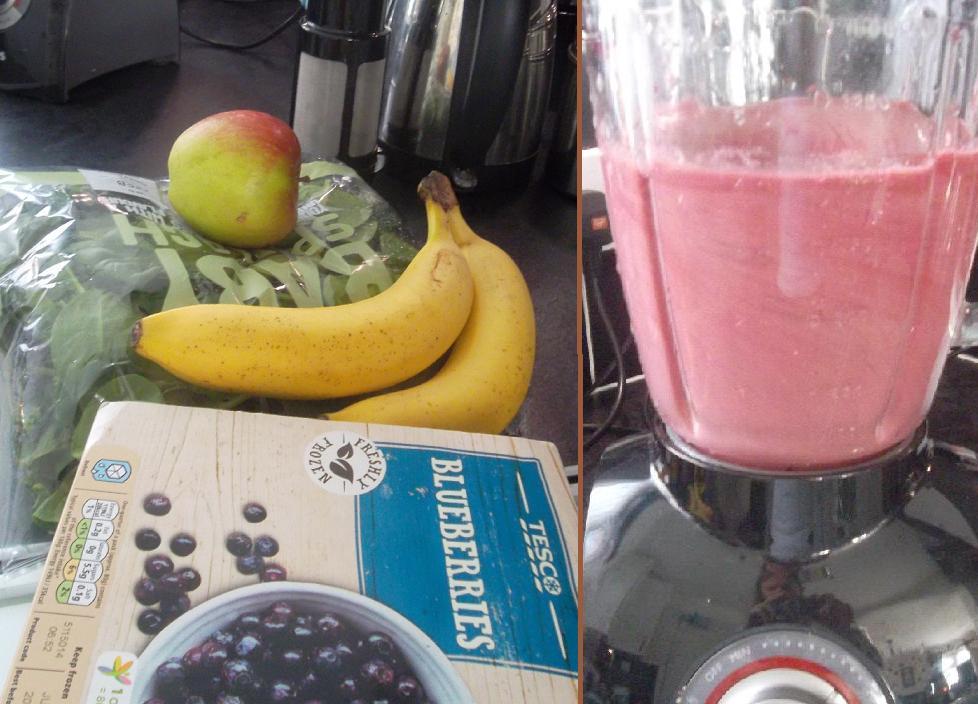
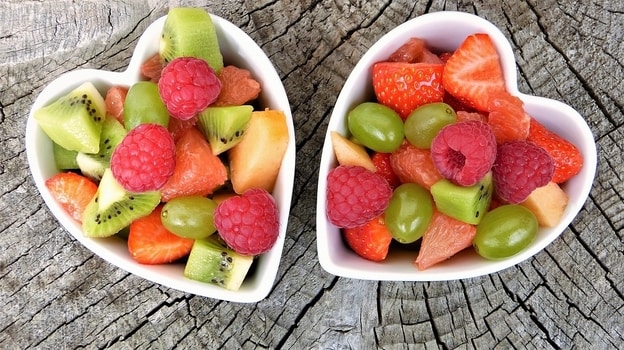

Another great article! Again, information I can’t easily find anywhere else! I look forward to combining high calcium and vitamin D sources and really appreciate the breakdown of mushroom and leafy green sources by vitamin D and calcium amounts. I am unfamiliar with Chinese cabbage and Spinach and also look forward to trying to find.